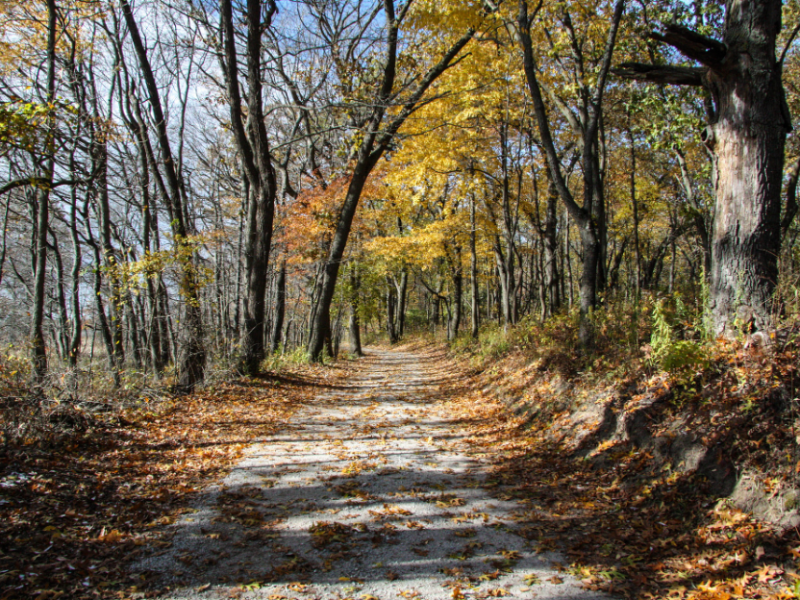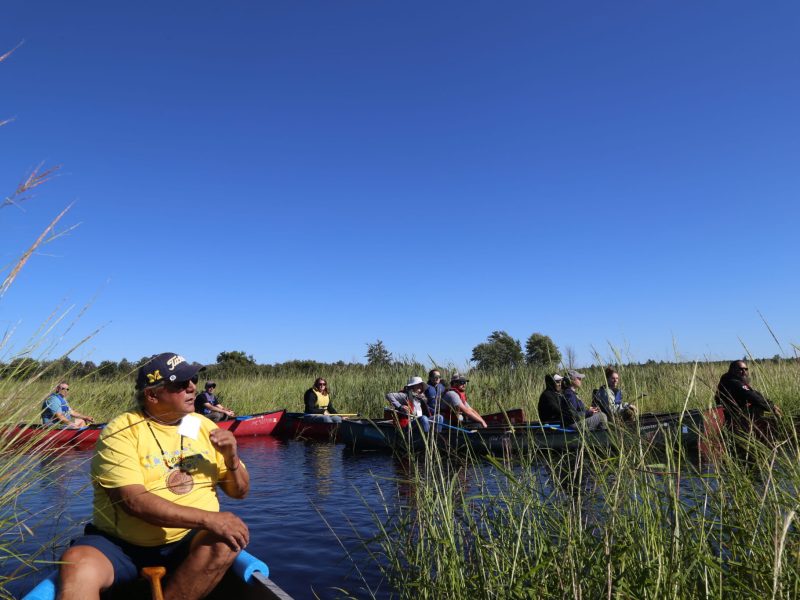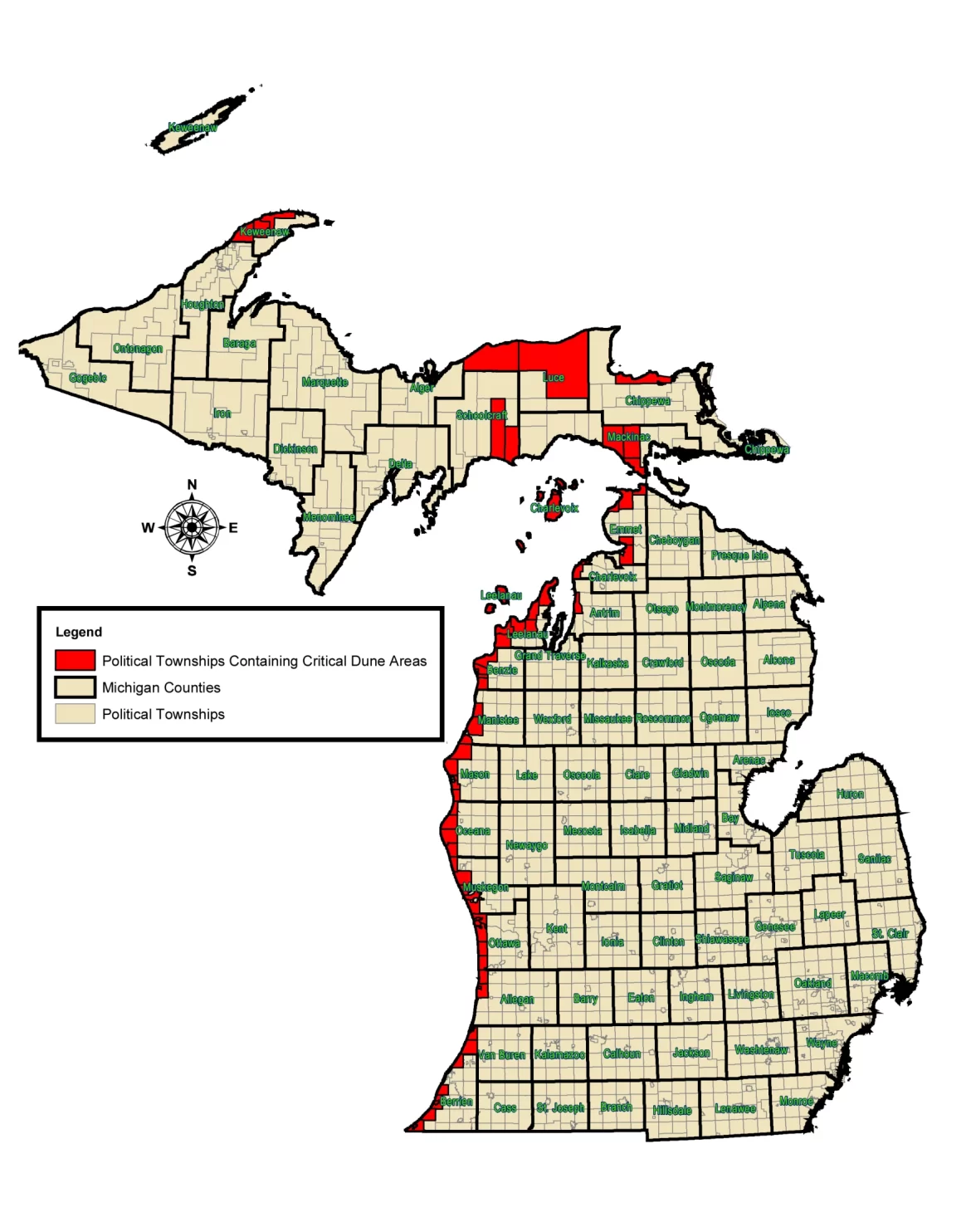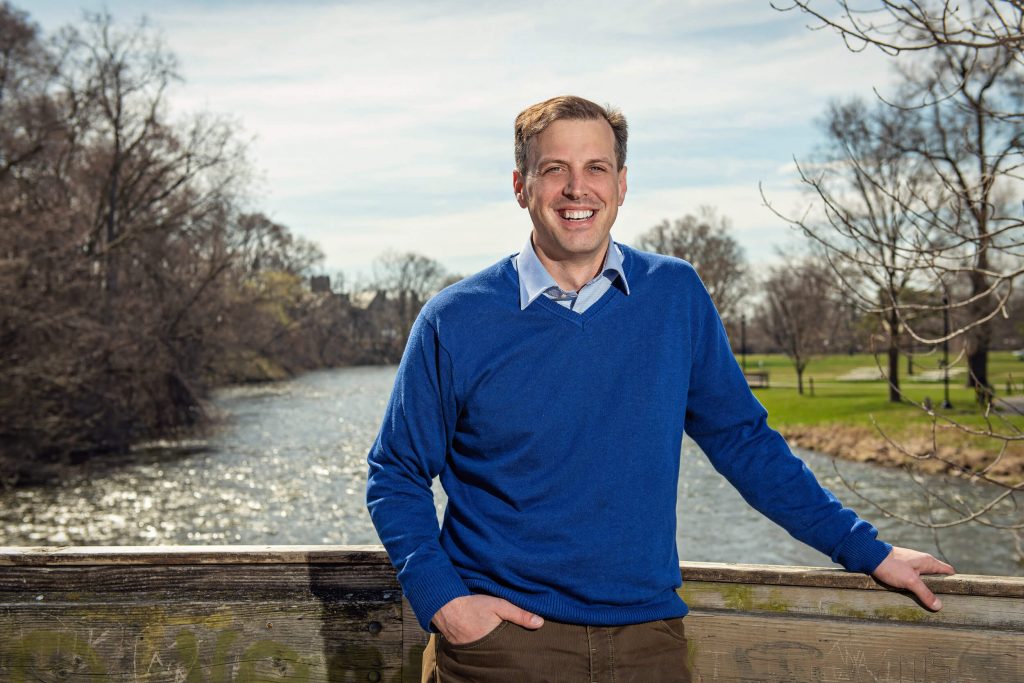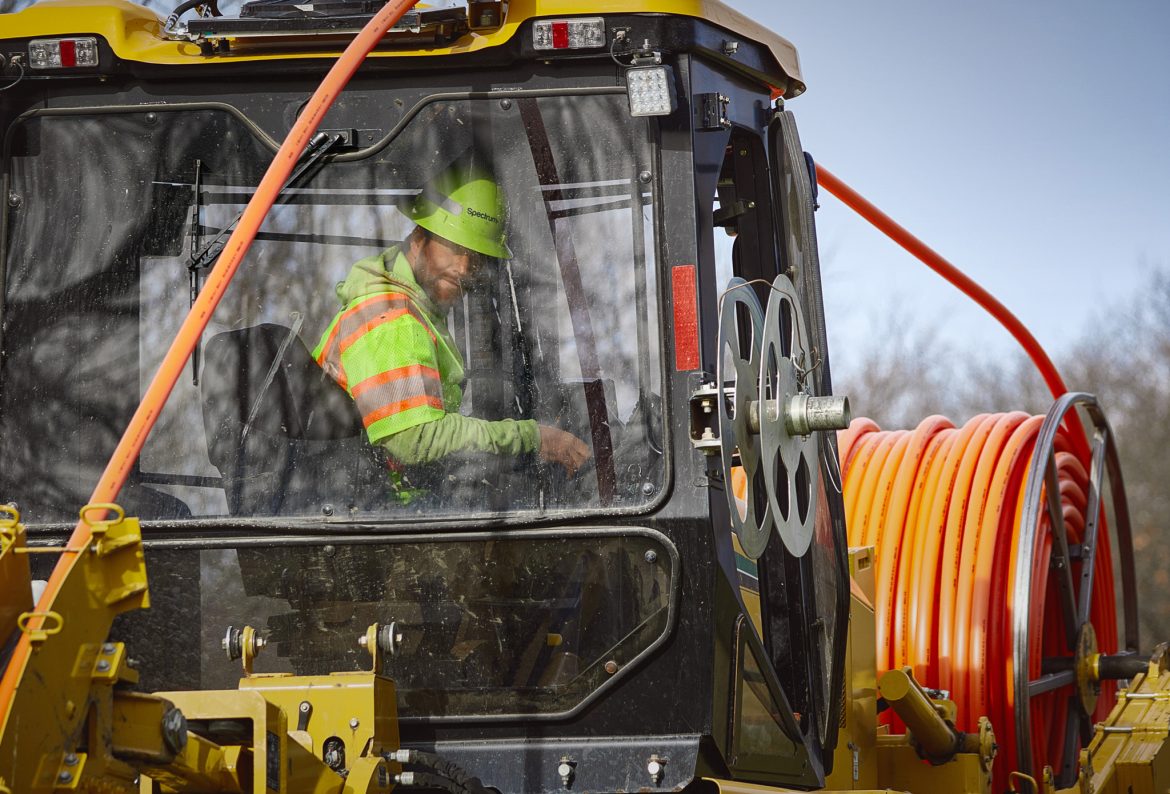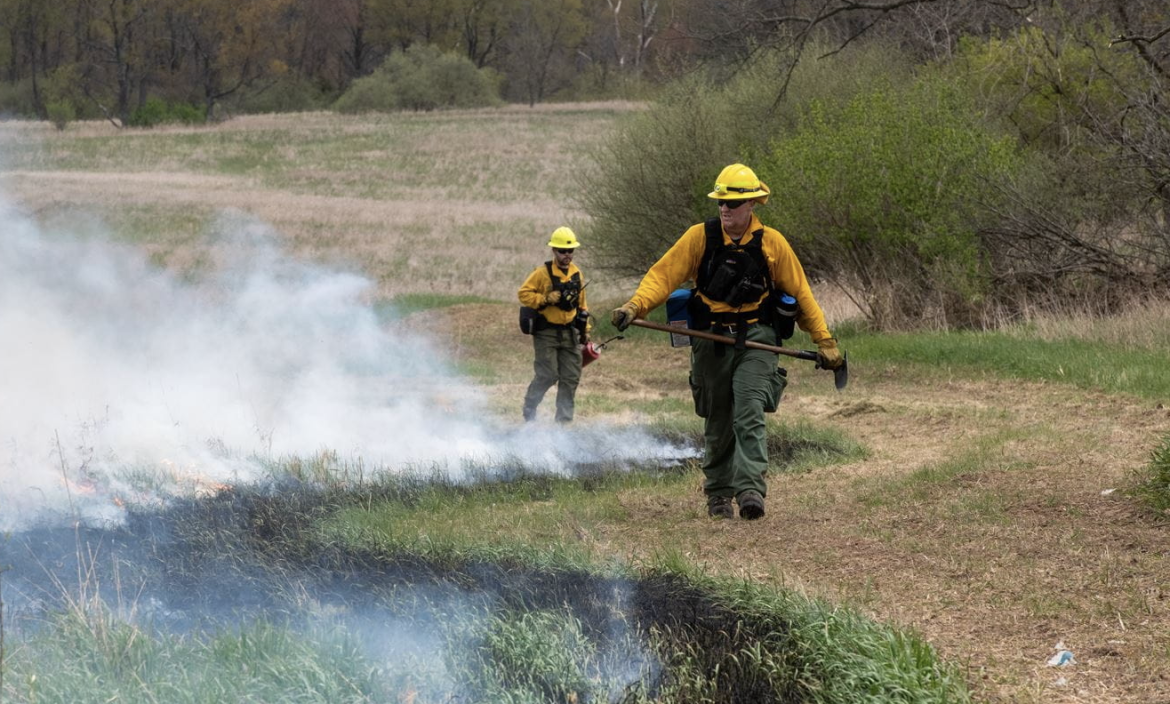By Grace Jenkins
Indiana Dunes National Park is among the country’s five “lesser known national parks to add to your bucket list,” according to National Geographic.
With 2.7 million visitors in 2023, the park ranks 36th in attendance among 393 national parks, monuments and historic sites. Credited for its striking plant and bird diversity, the park offers recreational and educational opportunities that many visitors enjoy, according to the National Park Service. In 2019, what was then called the Indiana Dunes National Lakeshore became the state’s first national park. Betsy Maher, the executive director of Save the Dunes, an environmental conservation organization based in Michigan City, Indiana, cited the effects that renaming the park has had on its popularity. “The combination of 2020 with the pandemic and the name-change status caused a big boom in visitorship,” Maher said.
